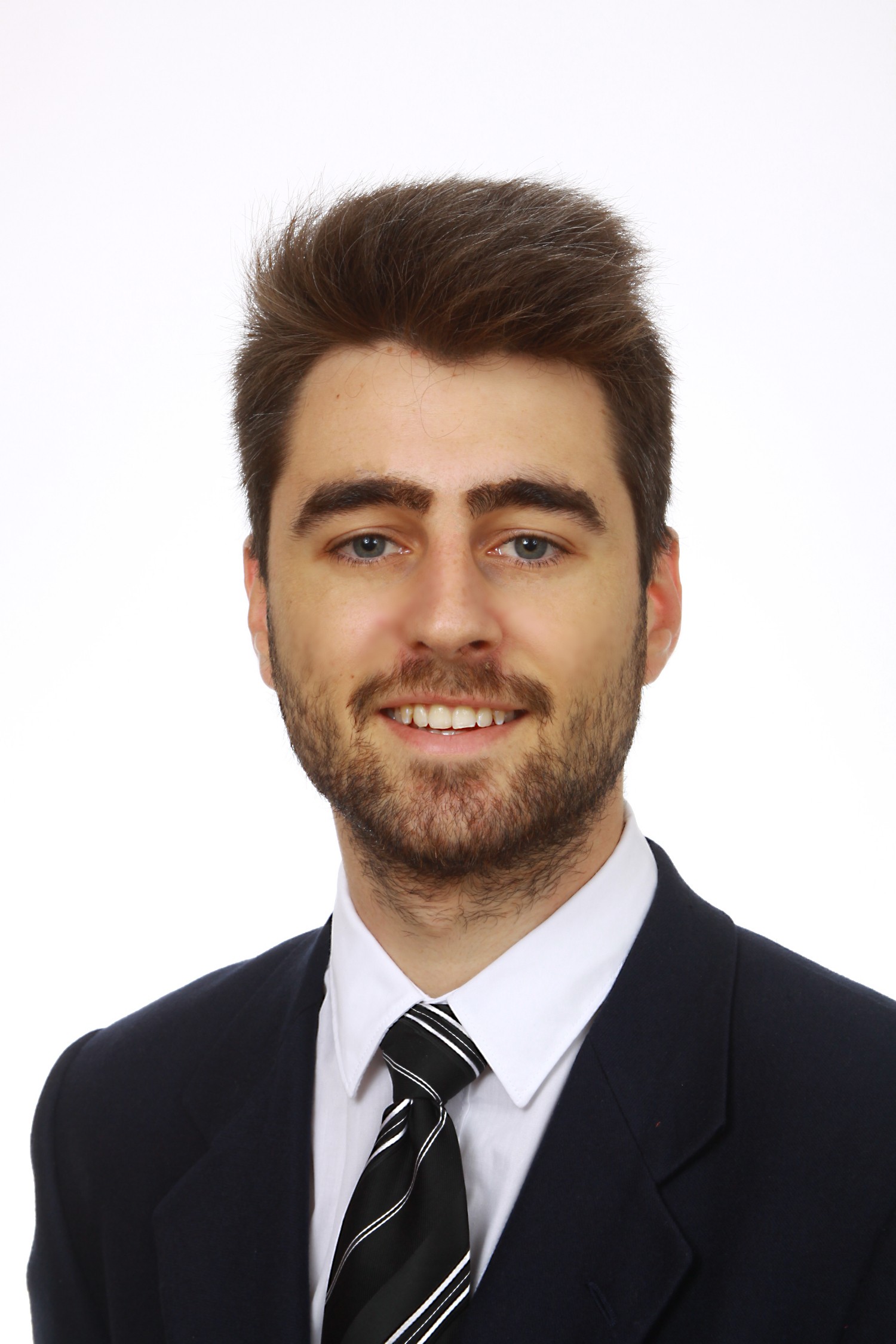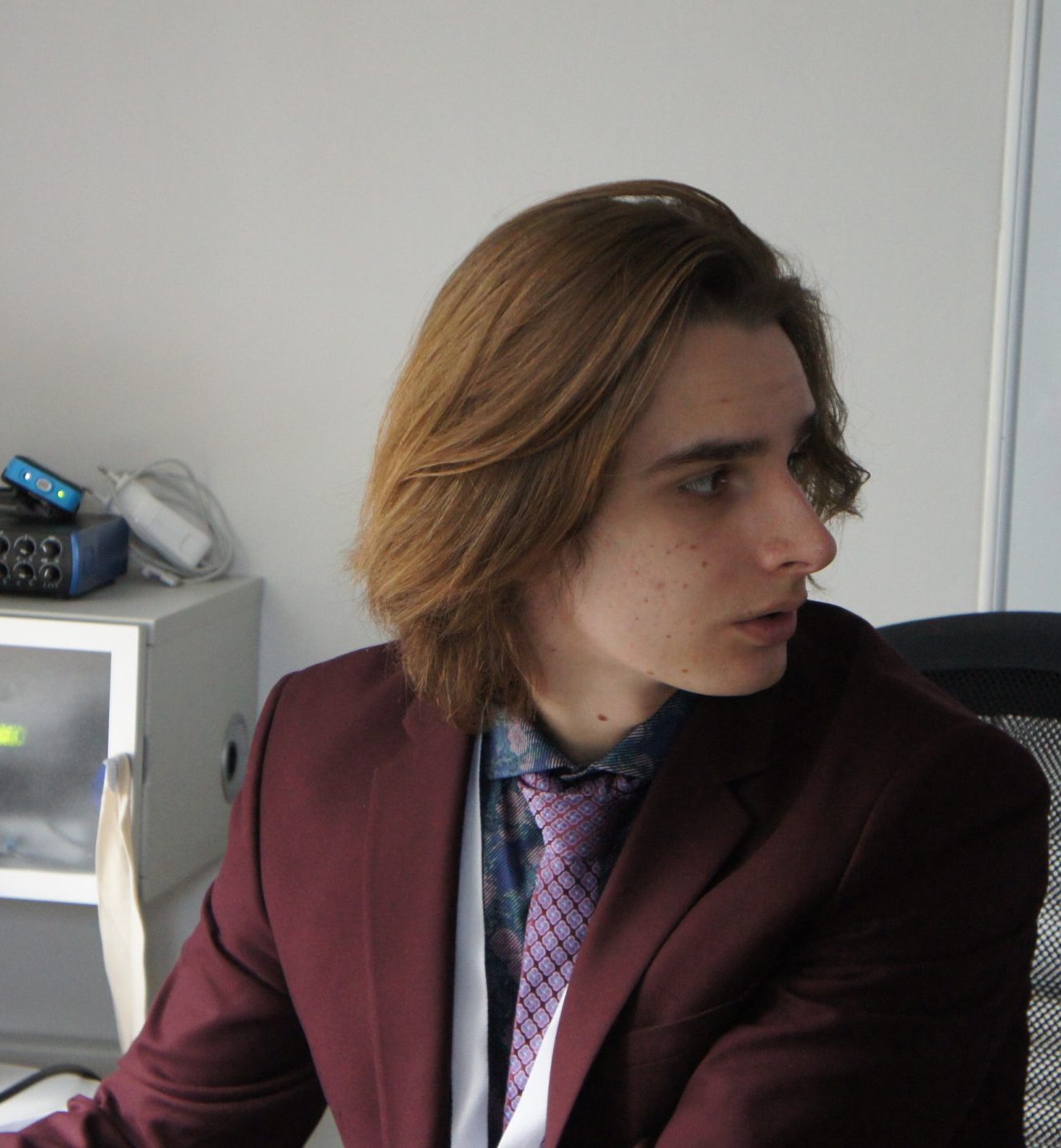UNODC
The United Nations Office on Drugs and Crime (UNODC) is a specialized agency of the United Nations that plays a crucial role in the global effort to combat illicit drugs, crime, and terrorism. The UNODC works closely with governments, civil society, and international organizations to develop and implement policies and programs to reduce the supply and demand for drugs, prevent crime, and promote justice and the rule of law. The UNODC Committee will simulate the work of this important agency, focusing on developing strategies and policies to combat drug trafficking, transnational organised crime, and terrorism.
UNODC provides technical assistance, training, and capacity building to countries around the world, helping them to develop effective policies and programs to address these issues. Participants will be challenged to balance the need for effective law enforcement with respect for human rights and the rule of law, while also taking into account the economic, social, and cultural factors that contribute to drug use and crime.
TEIMUN 2023
UNODC Topics
“Victim Assistance and Protection of Witnesses of Organized Crime”
and
“Empowering Girls and Women: Addressing Gender-Based Violence and Preventing Human Trafficking”
Topic 1: Victim Assistance and Protection of Witnesses of Organized Crime
Organized crime functions as criminal enterprises working to profit from illicit activities that are often in great public demand, such as trafficking in drugs, firearms and even persons. Its infiltration of states and political processes threatens the legitimacy of institutions and undermines the rule of law. Furthermore, police-based information regarding organized crime can often be misleading and a source of disinformation as organized crime is difficult to measure and is often linked to institutional corruption.
Organized crime affects the achievement of Sustainable Development Goals in several direct ways. It hampers the promotion of well-being for all and insurance of healthy lives (Goal 3) through increased narcotic drug usage as a consequence of drug trafficking, as well as the production and trafficking of falsified medical products. Criminal syndicates have become one of the greatest threats to the environment today, as wildlife and forest crime have escalated significantly (Goal 15). Victims may suffer from physical, mental, emotional and financial harm, from which some may never recover. In this way, organized crime practically inhibits the promotion of peaceful and inclusive societies for sustainable development thus posing serious obstacles to the achievement of Goal 16.
The cooperation of victims and witnesses is crucial to achieving successful prosecutions of criminal offenders and dismantling organized criminal groups. Yet one of the challenges faced by many criminal justice systems in the investigation and prosecution of crime is obtaining such cooperation. Victims and witnesses may be reluctant to give information and evidence because of perceived or actual intimidation or threats against themselves or members of their family. This concern may be exacerbated when people who come into contact with the criminal justice system are particularly vulnerable. Victims who receive appropriate and adequate care and support are more likely to cooperate with the criminal justice system in bringing perpetrators of crime to justice. However, inadequacies of criminal justice systems may mean that victims are not able to access the services they need and may even be re-victimized by the criminal justice system itself.
Topic 2:Empowering Women and Girls: Preventing Trafficking and Addressing Gender-Based Violence
Human trafficking is a global problem that affects millions of people, with women and girls being disproportionately impacted. Traffickers often prey on vulnerable women and girls who lack economic opportunities, education, and basic rights and use violence and coercion to force them into exploitative situations. Gender-based violence, including sexual violence, also perpetuates the cycle of exploitation and can lead to trafficking. The objective of this topic is to explore strategies for empowering women and girls to prevent trafficking and address gender-based violence. This also includes addressing the root causes of vulnerability and discrimination. Empowering women and girls can reduce their risk of being trafficked and improve their ability to resist exploitation. Empowering women and girls is crucial to preventing trafficking and addressing gender-based violence. Studies have shown that women who have access to education, economic opportunities and healthcare are less likely to be trafficked or fall victim to violence. Additionally, addressing the root causes of vulnerability and discrimination, such as poverty, lack of access to education, and harmful gender norms, can help reduce the risk of trafficking and violence. Access to healthcare and legal services can help protect their rights and prevent them from being exploited. Overall, this topic aims to encourage discussion on how we can empower women and girls to prevent trafficking and address gender-based violence, and how we can work together to create a world where women and girls are safe, equal, and free from exploitation.
When looking at connecting this topic to the theme of “Beyond Truth: Mastering the Paradox of Information” we can look at the significance of education and access to information when it comes to prevention. It is also an endemic issue when it comes to misinformation around the topic. Throughout the last few years with the increased use of social media, there has been an increase in the prevalence of misinformation regarding the topic. Social media such as TikTok and Instagram have been flooded with trends and viral concepts regarding trafficking helplines and even ideas of how to recognise someone being trafficked. A lack of verified sources creates information overload and miscommunications preventing actual victims from requiring help for reaching out.
Meet the Chairs!
Riccardo Bignocolo
Hi everyone! My name is Riccardo, I am 24 years old, I come from Italy and I am currently studying International Security MA at RUG. Despite dreaming as a kid of becoming a diplomat one day, my academic background reads a Bachelor’s degree in Sociology. I like to define myself as a humanist in progress, as I love to discuss, listen and read anything related to the humanities. At the same time, the saying, “The more you know, the more you realise you don’t know” effectively sums up my academic journey so far. At present, I represent the TEIMUN Foundation as a trainer of its Society committee, engaging with students interested in becoming the TEIMUN sensation of the future.
My MUN story began in 2018 when I participated in an MUN as a delegate for a simulation of the European Parliament. Since then, I took on almost any TEIMUN role: student in Society’s weekly sessions, delegate in both TEIMUN organized conferences (GrunnMUN and TEIMUN 2022), trainer and even helped to organize the logistics of GrunnMUN 2023.
This is going to be my first Chair experience at an MUN and I am looking forward to making good use of my MUN background and having a memorable experience!
Fun Fact: Playing FIFA since I was a kid made me more knowledgeable in geography than school ever did.


Milla Szirányi
Hello there! My name is Milla and I am currently a first-year International Relations and International Organisation student, but I will be switching to pursuing International and European Law at the University of Groningen. I have been involved with MUNs since before 2019 which included organising four MUN conferences of my own as well as attending more than I can count or remember. I have also chaired my own share of conferences, including committees such as UN Women, which I must admit is not anything like UNODC. However, I promise I, alongside my co-chairs, one of whom happens to be my flatmate and old high school classmate, will bring you a smooth and fruitful debate.
To say a bit more about myself, I have been involved in politics since I can remember, even attending my first protest at the age of four. Since then, anything politics, law or involving conflict sparked my interest. Even though my academic interests might have taken a lead in my life, I was also for a long time deeply indulged in sports, as I have played basketball for a total of six years, even getting to nationals in my home country.
I am looking forward to meeting all of you at TEIMUN 2023!
Fun Fact: I am deathly afraid of birds and will scream and duck every time one gets near me. (pun intended)
Alex Koval
Hey everyone, I am Alex and I am from the Czech Republic. I am a first-year International Relations and International Organization student at RuG. I have been interested in Model United Nations since middle school and have attended over 10 MUNs. I have been a delegate, a chair as well as a part of the organization team of different MUNs. I will be chairing the United Nations Office for Drugs and Crime alongside Milla and Riccardo.
MUN has been a large part of my middle school and high school days and is one of the main reasons I chose to study IRIO as I have always been passionate about diplomacy and international relations.
I have never chaired a committee like the UNODC, however I firmly believe that it will lead to some fruitful debates.
I cannot wait to meet you all and hear what you have to say!
Fun Fact: I know the lyrics to all Doja Cat songs.
